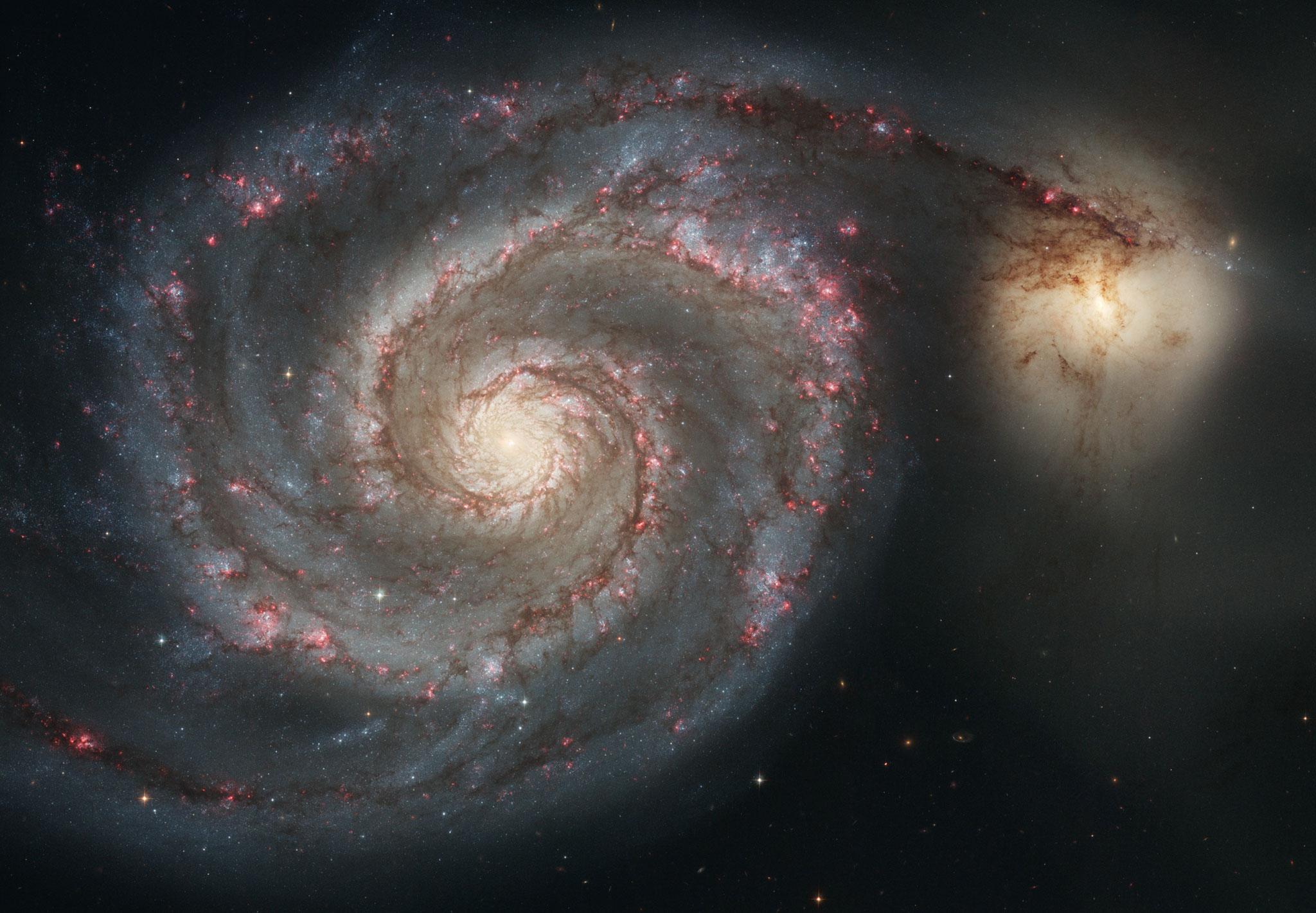Our Mathematical Universe: My Quest for the Ultimate Nature of Reality by Max Tegmark, book review
Theories that aim to unlock the mysteries of maths, physics and perhaps the universe

Your support helps us to tell the story
From reproductive rights to climate change to Big Tech, The Independent is on the ground when the story is developing. Whether it's investigating the financials of Elon Musk's pro-Trump PAC or producing our latest documentary, 'The A Word', which shines a light on the American women fighting for reproductive rights, we know how important it is to parse out the facts from the messaging.
At such a critical moment in US history, we need reporters on the ground. Your donation allows us to keep sending journalists to speak to both sides of the story.
The Independent is trusted by Americans across the entire political spectrum. And unlike many other quality news outlets, we choose not to lock Americans out of our reporting and analysis with paywalls. We believe quality journalism should be available to everyone, paid for by those who can afford it.
Your support makes all the difference.There may or may not be a multiverse but there is certainly a multitude of books about the topic. In Our Mathematical Universe, Max Tegmark – a distinguished cosmologist – gives a lucid rundown of the current state of knowledge on the origin, present state, and fate of the universe(s).
But he also goes beyond this, outlining a Grand Theory of Everything, the seeding idea of which is a famous remark in 1960 by the physicist Eugene Wigner: "The enormous usefulness of mathematics in the natural sciences is something bordering on the mysterious." His research has led him to a Douglas Adams moment (Adams is often cited). Tegmark puts it like this: "I know of no other compelling explanation for this trend [the ability of maths to explain the physical world] than that the world really is completely mathematical."
The instant reaction of most lay readers to this will be: "Then where does all the stuff come from: the heavy, dangerous explosive stuff?"? Tegmark's answer is Alan Guth's cosmological theory of Inflation, an extrapolation of Einsteinian ideas of space-time and gravity, coupled with our knowledge of the cosmic background radiation – on which Tegmark has done groundbreaking work. All this adds up to the apparent creation of something from nothing by borrowing energy from the quantum vacuum. This free-lunch theory of creation is, he admits, superficially like the kind of Ponzi-scheme financial trickery of Bernie Madoff – a pyramid-selling operation heading for one almighty collapse, which, of course, is what might well happen to the universe one day.
This is a book that provokes many different reactions as it proceeds. It is immensely illuminating on the reach of current cosmological theories but one persistent strand is bound to baffle many readers. Although Tegmark rejects many current speculations that bemuse lay people (eg quantum consciousness; humans as simulations in some alien's computer game), he constantly returns to a notion equally outlandish: a version of quantum mechanics that implies countless clones of ourselves inhabiting parallel universes.
And there is not even merely one kind of multiverse but four, described in detail! From time to time, Tegmark engagingly admits that such ideas sound like nonsense, but he makes the crucial point that if a theory makes good predictions you have to follow all of the consequences. You can't say, for instance: yes, the climate is warming (sparkling wine from the South Downs!) but I'll skip the extreme weather, thank you very much (my example, not Tegmark's).
Having stretched our minds to encompass forbidding concepts of mathematically plausible universes, in the last chapter he comes to the old-fashioned humanist conclusion that there is no point looking for uplift and moral guidance in all this: "our Universe does not give life meaning but life gives our Universe meaning". Or, as Philip Larkin wrote, "none of this cares for us". His concluding chapter on the risks humanity faces is wise and bracing: he believes we "are alone in our Universe" but are capable of tackling terrible threats from cosmic accidents, or self-induced nuclear or climatic catastrophes. He doesn't cite poets but his philosophy adds up to an updated 21st-century version of Thomas Hardy's "If way to the better there be, it exacts a full look at the worst".
Join our commenting forum
Join thought-provoking conversations, follow other Independent readers and see their replies
Comments